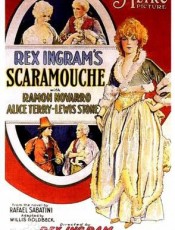thus was started the general "scare," a reporter with a keen nose for news having made a legitimate "sensation" from the repeated entries on the hospital roster. from washington it spread over the country, and became the topic of the day, until any insect bite or sting -- mosquito, hornet, bedbug, or whatnot -- was magnified by the hysteria of the patient and the credulousness of the public into a "dangerous" instance of kissing-bug poisoning. reports of fatal cases, however, invariably proved to be canards.
for explanation of the marked local symptoms resultant upon attack by the insect, science has been hard put to it. the general symptoms, observed in a few cases, where violent, may probably be ascribed to shock and nervousness. but the marked swelling and pain cannot be thus dismissed. medical men believe that the insect, in its various prowlings for food, thrusts its exploring beak into decaying animal and vegetable matter and thus, in a sense, so poisons it that when it comes into contact with human blood, a rapid local infection is set up -- not through any specific poison, as in spider bite or bee sting, but by the agency of the putrefactive germs collected on the weapon.
not the least interesting phase of the kissing-bug scare is the rapidity and completeness of its decadence. it is but ten years ago that the newspapers rang with it; that victims of the bite, in every city, were fleeing, white-faced and racked with forebodings, to doctor or hospital. to-day, both the melanolestes and the "conenose" are abroad in the land. doubtless, upon provocation, they are "spearing" others as they speared the outraged clergyman. but that's all. the bepunctured ones do not seek the consolations of medical or journalistic attention. they put a little wet mud or peroxide on the place and let it go at that. exit another bogy!
